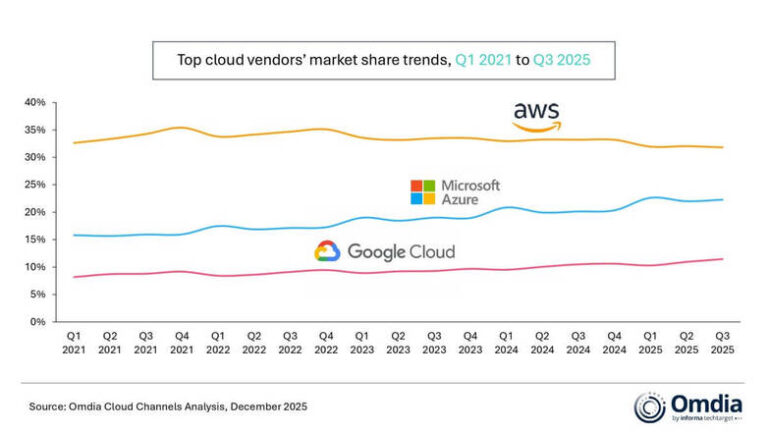The 2024 Summer Olympics in Paris will mark the first implementation of the International Olympic Committee’s (IOC) Olympic AI Agenda. This agenda aims to utilize artificial intelligence (AI) to enhance various aspects of the games, including athlete performance, fair play, event operations, and the spectator experience. The IOC’s goal is to embrace AI while preserving the Olympic values and setting the course for the future of sport.
AI can play a significant role in spotting talent, training athletes, and rehabilitating injuries. By analyzing performance data, physical traits, and skills, AI systems can identify talented individuals who may have been overlooked. AI can also provide personalized training plans for coaches and optimize training strategies based on individual or group behavior patterns. Additionally, AI tools can analyze athlete data using natural language and assist in injury prevention and rehabilitation by identifying risk factors and providing personalized recommendations.
Another key use of AI in sports is to ensure fairness. Technological aids for officials, such as cricket’s decision review system and electronic line calling in tennis, have been used for years. AI-powered judging systems are also being introduced in gymnastics to make judging more transparent and accessible for viewers.
AI technologies also enhance the viewing experience for fans. Digital engagement during the 2020 Tokyo Olympics doubled compared to previous games, indicating a growing acceptance of AI-generated sports content. The IOC aims to create more personalized fan experiences using AI, although specific details are yet to be revealed.
AI will also be utilized to improve efficiency, reduce costs, and enhance sustainability in the Olympics. This includes optimizing transportation, workforce training, logistics, and ticket sales. The IOC plans to share the knowledge gained from implementing AI at the 2024 games with other sports organizers to help them create more engaging and cost-effective events.
However, it is crucial to establish guidelines for the safe and responsible implementation of AI in sports. Data security, accuracy, fairness, and inclusivity are essential considerations. The IOC launched a reform program in 2014 with the motto “change or be changed,” recognizing the need to adapt to a rapidly evolving world. AI’s presence at the upcoming Olympics and future games in Los Angeles and Brisbane highlights the increasing role of AI in sports, and it remains to be seen if society is ready to fully embrace it.

